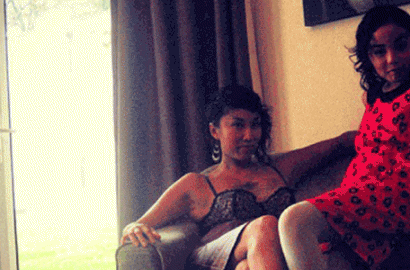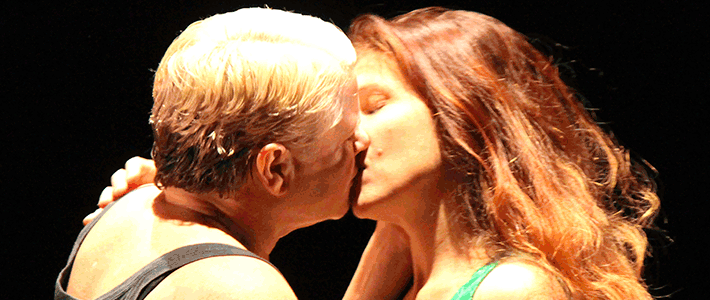The end of love is ugly, exhausting, boring.
The same arguments over and over, hangovers from crying, nose full of snot, sick of yourself, sick of them.
Running over your mistakes, theirs. Dividing clothes that used to share drawers.
Hating those clothes because you let yourself get too relaxed in them, too comfortable.
Ending love is the great, normalizing crusher. We’ve all done it. We’ll all have to do it.
But falling in love?
Falling in love can fool you into thinking the falling’s what the thing’s about.
In falling, you’re an incredible person. Compassionate, reasonable, kind, soft, hilarious, and very, very beautiful. Make-up slightly undone but done. Lips a little bitten. Hair finger-run, you’re wearing their shirt.
Falling in love gives you power, it’s not hard to convince yourself you could stay this way always; soft, welcoming, giving and thoughtful.
Falling in love erases the memory of the last, unsuccessful love. It makes misty fog of insults levelled, reactions in anger, arguments about cereal in the cupboard.
It doesn’t matter; you would never do those kinds of things now, not with this new love.
You’ve heard it a million times from friends: “they make me a better person.”
And now it’s happened to you. You’re better. Your teeth look a little straighter, even.
But that’s in the falling.
The falling does make us better people. But as soon as the falling’s done, you go right back to who you were before the golden event. You regain your previous shape, like your hair falls out of hot iron curls.
You drink too much, you watch the computer in bed, and you’re curt with your goodbyes because you’re thinking about what shoes you’ll wear that day.
The end of love crushes. It crushes because the person they fall in love with isn’t really you, but the person they fall out of love with is.
And the end of love is just as much a part of the thing as the falling.
– – – – – – – – – –
photo of Kathryn Haggis and Diane Flacks in Freda and Jem’s Best of the Week by Sharon DiGenova
Related posts



